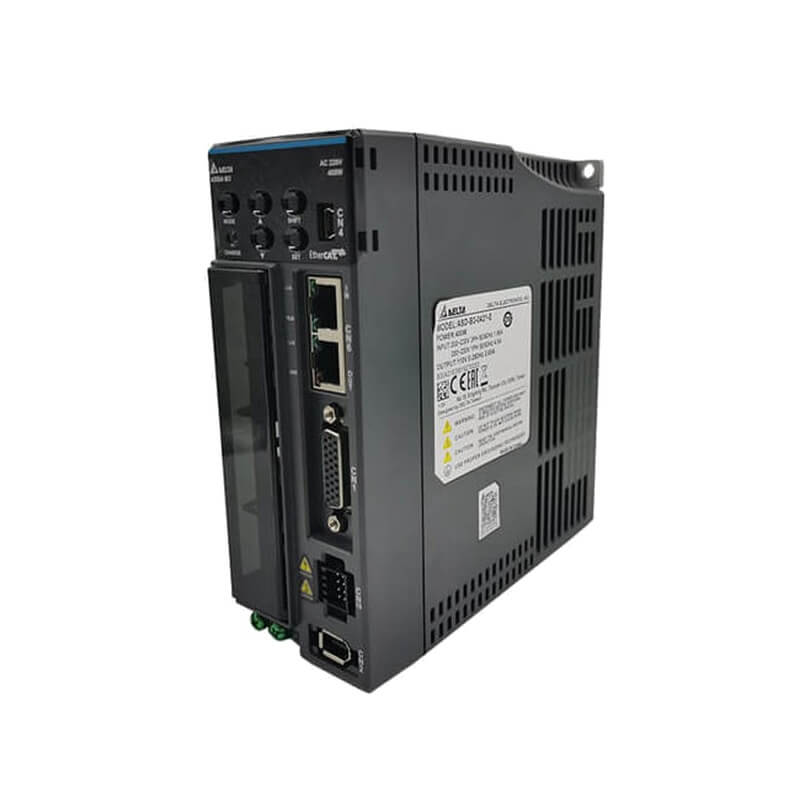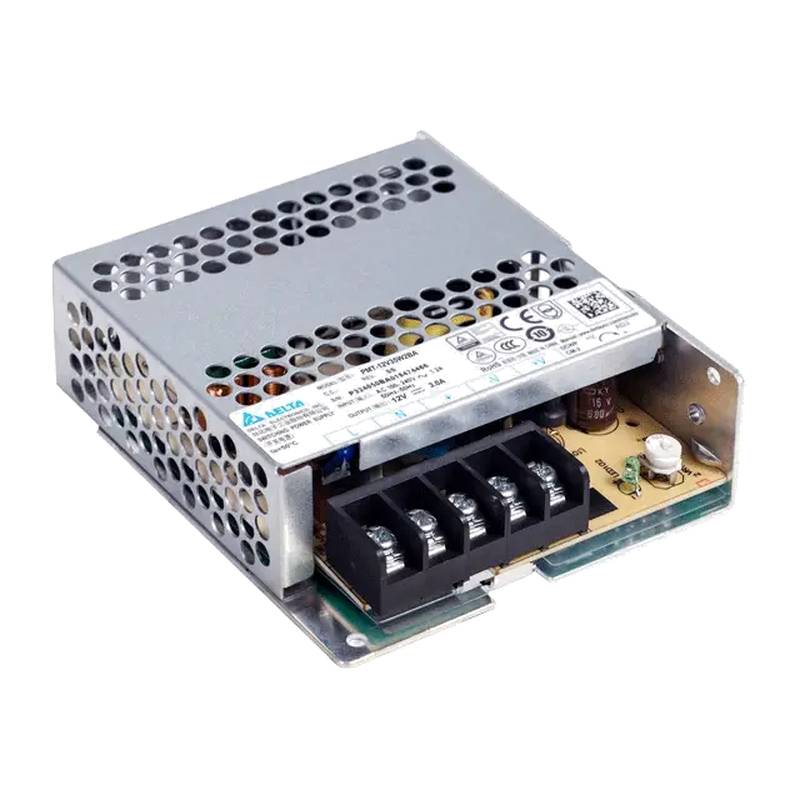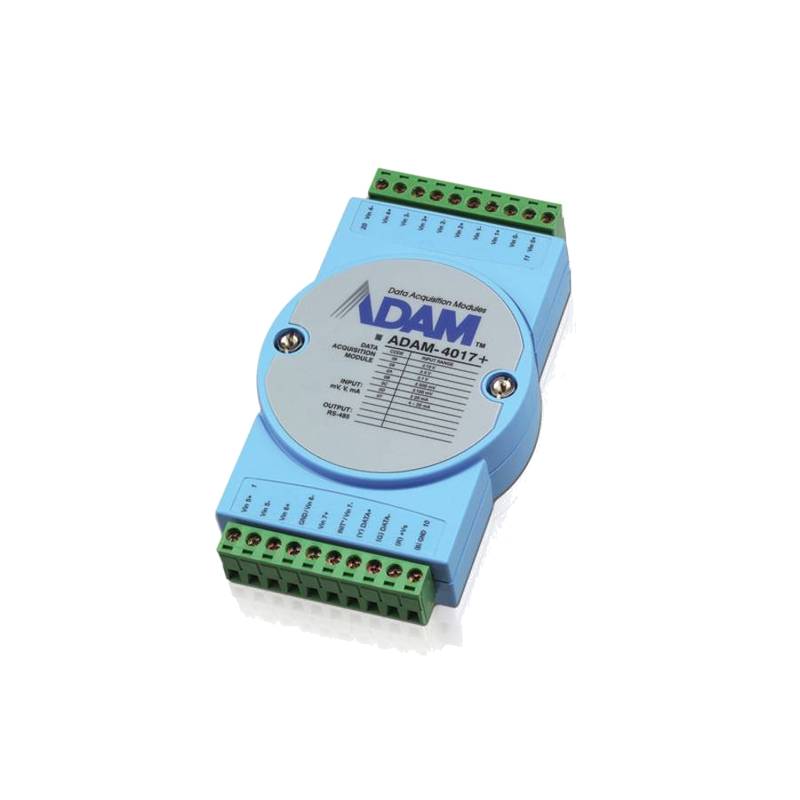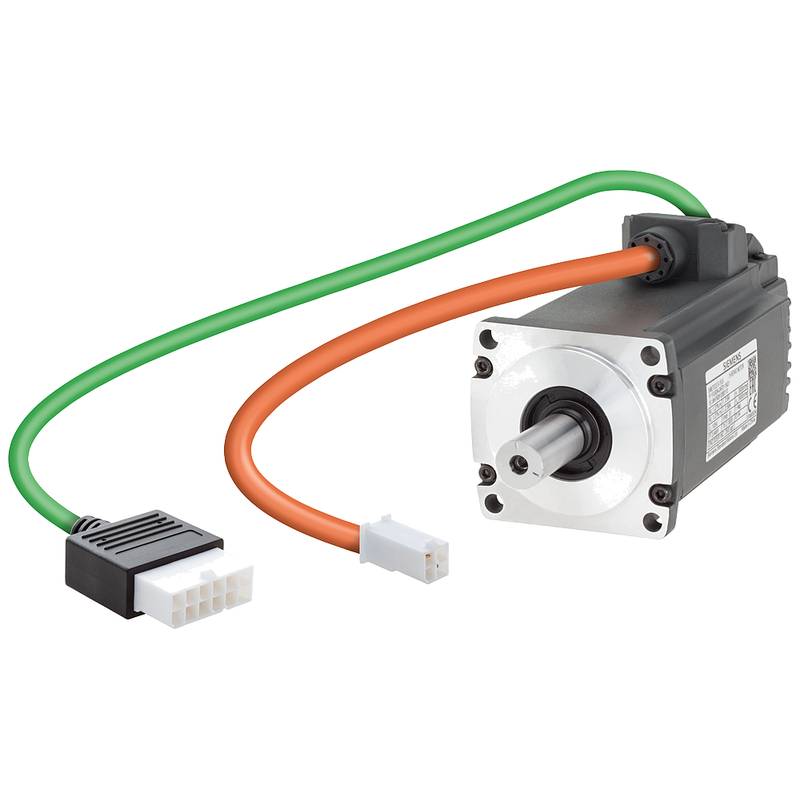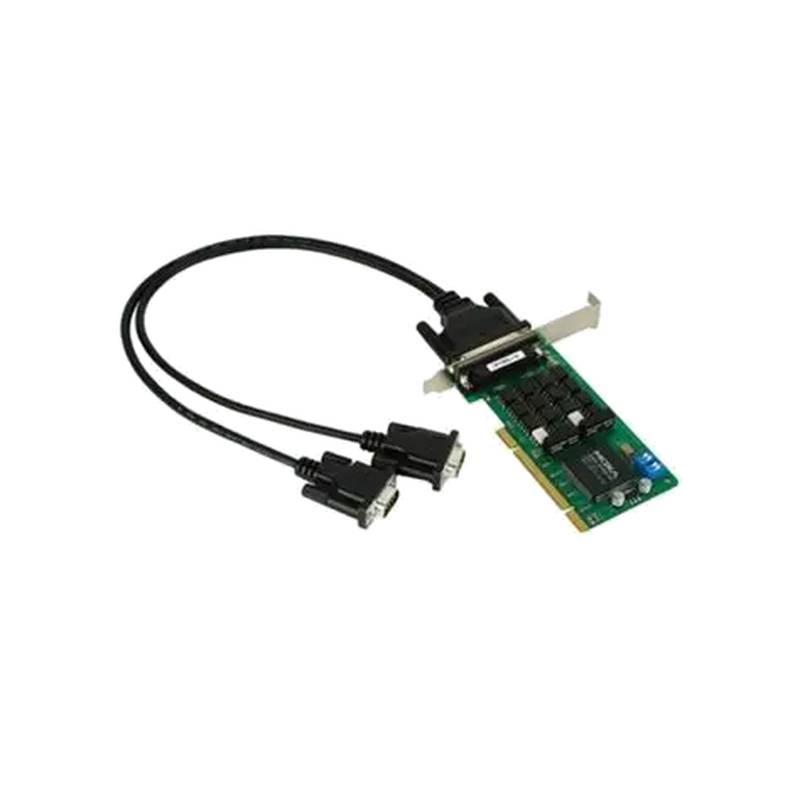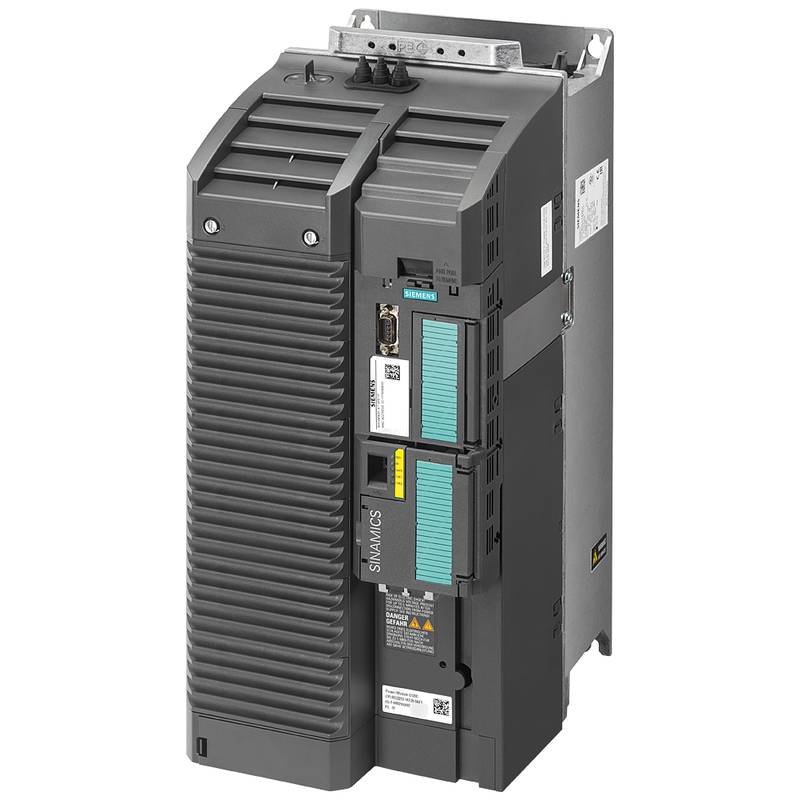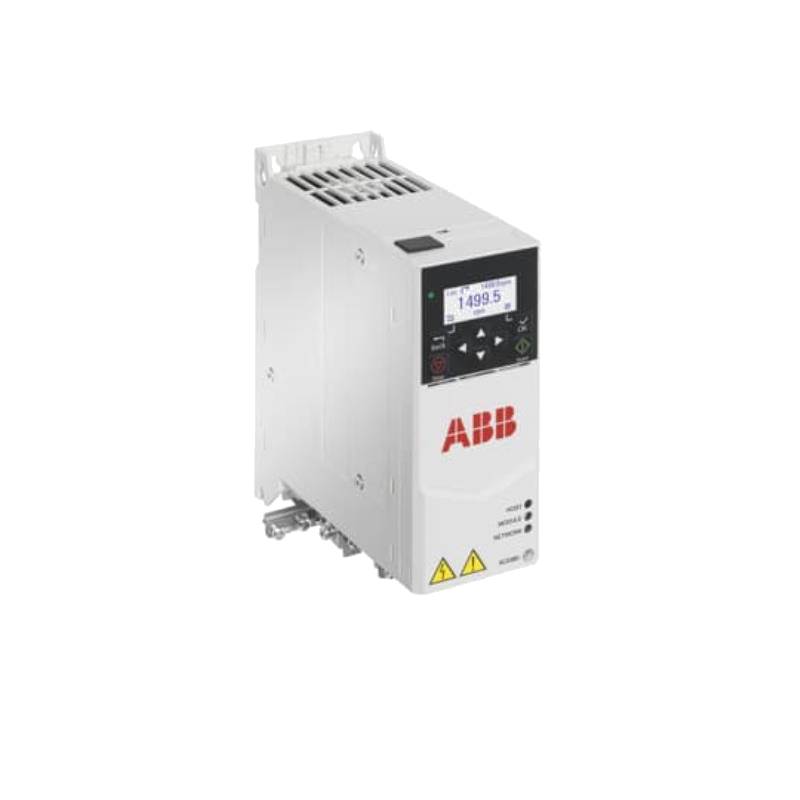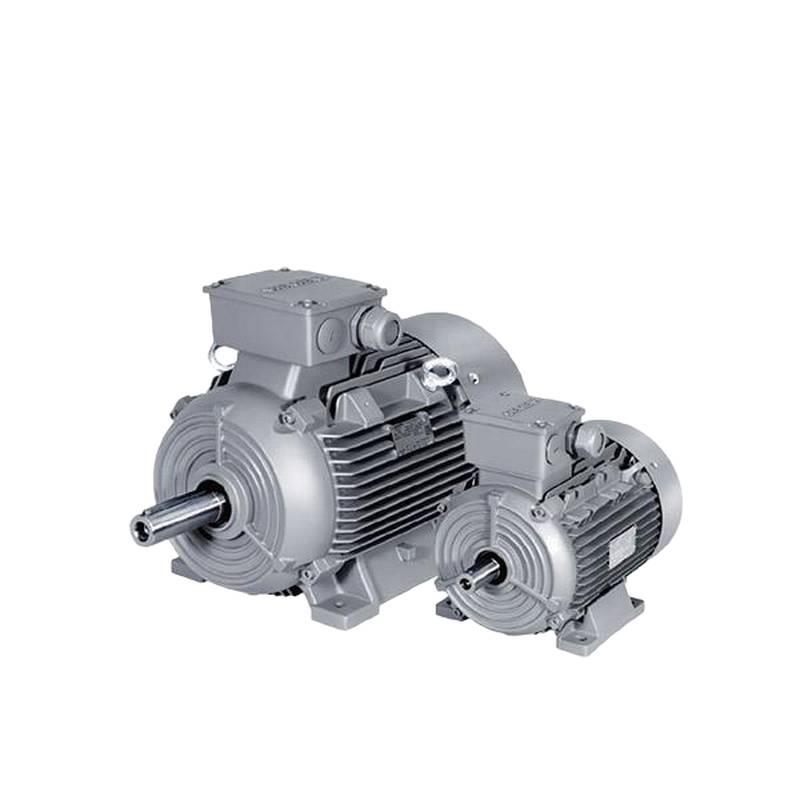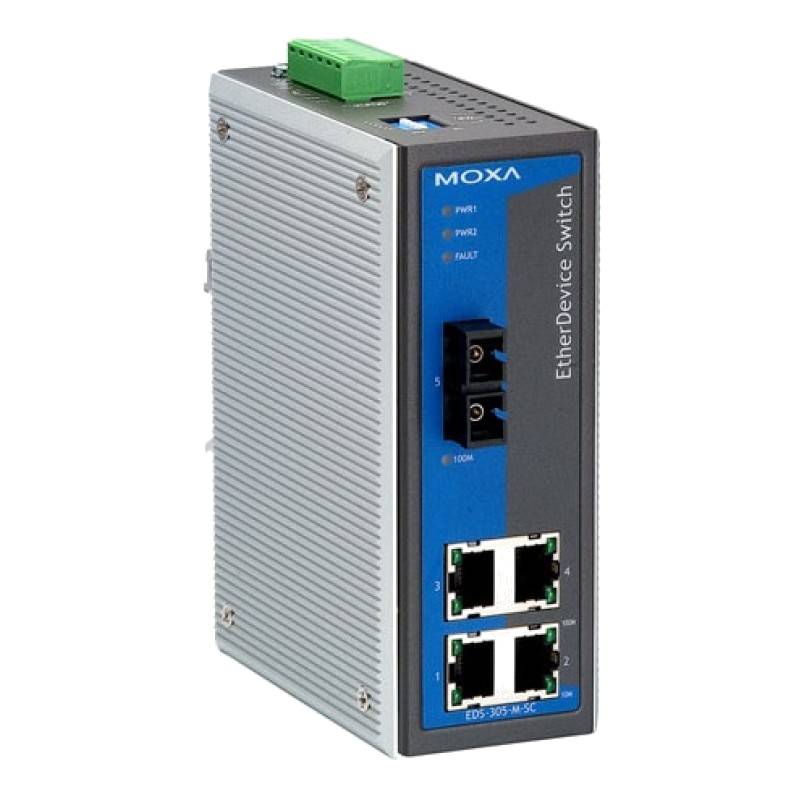
The DELTA ASD-B3-0421-F is a 0.4kW high-performance servo drive engineered for precision motion control across a spectrum of demanding industrial applications. This compact yet powerful unit boasts a rapid response time, enhanced digital processing capabilities, and robust protection features, making it an ideal choice for automation tasks requiring exceptional accuracy and reliability. Its core technical specifications include a 0.4kW power output, a 200-240V input voltage range, and support for various communication protocols, ensuring seamless integration into diverse automation architectures.
Core Features & Market Positioning
The DELTA ASD-B3-0421-F distinguishes itself through its advanced control algorithms, enabling precise position, velocity, and torque regulation with exceptional smoothness and minimal vibration. This drive excels in environments where high-speed, high-accuracy movements are paramount. Its competitive edge lies in its sophisticated digital signal processing (DSP) that facilitates complex motion profiles and rapid dynamic response, surpassing many conventional servo drives in its class. Market positioning for the ASD-B3 series is firmly rooted in providing a cost-effective, high-value solution for sophisticated automation needs without compromising on performance or advanced features.
Key Application Scenarios
This servo drive is extensively utilized in industries requiring meticulous motion control, including packaging machinery for precise product placement, automated assembly lines for high-speed component manipulation, and robotics for intricate arm movements. It is also a prime candidate for CNC machinery, textile manufacturing equipment, and printing presses where exact positioning and repeatable performance are critical. The 0.4kW rating makes it particularly suitable for smaller to medium-sized machinery, offering a powerful yet energy-efficient solution for a wide array of automation challenges.
Practical System Integration Guidance
Integrating the DELTA ASD-B3-0421-F involves straightforward wiring to the motor and power supply, with clear terminal designations for easy connection. Configuration typically utilizes Delta's proprietary Delta-B3 software, allowing for intuitive parameter setting, motion profile definition, and diagnostic monitoring. The drive supports common industrial communication protocols such as Modbus RTU, facilitating seamless integration with PLCs and other automation controllers. Ensure proper grounding and shielding of cables to maintain signal integrity and prevent electromagnetic interference, crucial for optimal performance.
Operation and Risk Mitigation
Safe operation of the DELTA ASD-B3-0421-F mandates adherence to electrical safety standards during installation and maintenance. Key safety features include over-current, over-voltage, under-voltage, and over-temperature protection to safeguard the drive and connected motor. Common troubleshooting involves checking parameter settings, ensuring correct motor wiring, and verifying communication link integrity. Referencing the product manual for specific fault codes, such as E.01 (Over Current) or E.03 (Over Voltage), is essential for rapid diagnosis and resolution.
Scalability & Long-Term Value
The DELTA ASD-B3 series offers a degree of scalability through its compatibility with Delta's broader automation ecosystem, allowing for system expansion and integration with other Delta products like PLCs and HMIs. While this specific 0.4kW model is optimized for certain load requirements, the ASD-B3 family encompasses a range of power outputs, facilitating upgrades or standardization across different machine sizes within a facility. Its robust design and adherence to industry standards contribute to long-term operational value and reliable performance.
Frequently Asked Questions
What are the main advantages of the DELTA ASD-B3-0421-F?
This drive offers high-speed response and precision control. It ensures smooth operation with minimal vibration for critical tasks. Its advanced digital processing capabilities enhance performance.
It provides excellent torque accuracy and stability across varying loads. The drive features robust built-in protection circuits. It minimizes downtime and potential equipment damage.
The compact design saves valuable panel space in automated systems. It integrates easily with various PLCs and HMI devices. This offers a cost-effective, high-value automation solution.
How do I connect the DELTA ASD-B3-0421-F to a motor?
Refer to the drive's manual for specific wiring diagrams. Ensure correct phase connections between the drive and motor. Proper insulation and grounding are essential for safety.
Verify the motor's rated voltage and current match the drive's output. Incorrect motor matching can lead to damage or performance issues. Double-check all connections before powering up.
Use shielded motor cables to reduce electrical noise interference. Secure all connections firmly to prevent them from loosening during operation. Follow best practices for industrial electrical wiring.
What communication protocols does the DELTA ASD-B3-0421-F support?
The drive commonly supports Modbus RTU, a widely used serial communication protocol. This enables easy integration with many PLCs and automation controllers.
Other potential protocols may be available depending on the specific firmware or option cards. Consult the product datasheet for a definitive list of supported communications. This ensures compatibility with your existing control system.
Effective communication is key for remote monitoring and control of motion parameters. Proper setup of communication settings in both the drive and the master controller is crucial. This allows for seamless data exchange.
What is the typical input voltage for this servo drive?
The DELTA ASD-B3-0421-F typically operates with a single-phase input voltage range of 200-240V AC. This is a standard voltage for many industrial automation applications globally.
Ensure your power supply voltage falls within this specified range before connecting. Using an incorrect voltage can cause the drive to malfunction or fail. Always verify your local power grid's voltage.
This voltage range makes the drive versatile for use in many regions and factory environments. It simplifies power infrastructure requirements for many machine builders. It is compatible with common power outlets in industrial settings.
How can I troubleshoot common fault codes on the DELTA ASD-B3-0421-F?
Consult the product's user manual for a comprehensive list of fault codes. The manual provides detailed explanations and troubleshooting steps for each code.
Common codes like E.01 (Over Current) or E.03 (Over Voltage) often relate to motor issues or power supply problems. Check motor wiring, load conditions, and input voltage stability.
Perform a system check, including motor insulation resistance tests and verifying parameter settings. Reset the drive after addressing the root cause. If the fault persists, contact technical support.
What are the key technical specifications of the DELTA ASD-B3-0421-F?
This model offers a power output of 0.4kW. It is designed for applications requiring precise motion control. Its performance is optimized for dynamic tasks.
The input voltage range is 200-240V AC. It supports various feedback options for accurate positioning. Its compact form factor aids installation.
Key parameters include maximum output frequency and current ratings. These details are crucial for motor selection and system sizing. Refer to the official datasheet for complete specifications.
What types of industrial applications is this servo drive suitable for?
It is well-suited for packaging machinery needing precise product placement. It is also ideal for automated assembly lines requiring high-speed manipulation. Robotics applications benefit from its accuracy.
The drive is excellent for CNC machines, printing presses, and textile equipment. These industries demand exact positioning and repeatability. Its performance enhances production efficiency.
It can be used in various automated systems where smooth and controlled motion is critical. Its versatility makes it a popular choice for many automation challenges. Its 0.4kW rating fits many medium-duty tasks.
How does the DELTA ASD-B3-0421-F compare to other servo drives?
The ASD-B3 series provides advanced digital signal processing for superior control. It offers a rapid response time and enhanced accuracy. This distinguishes it from older analog drives.
It strikes a balance between high performance and cost-effectiveness. This positions it as a competitive option for many automation projects. It offers features typically found in higher-priced drives.
Its integration capabilities with Delta's automation products are a significant advantage. This simplifies system design for users already invested in the Delta ecosystem. It offers robust reliability and protection features.
Is this servo drive suitable for high-cycle applications?
Yes, its fast response and precise control are ideal for high-cycle operations. It minimizes settling time between movements. This allows for increased throughput.
The robust design and built-in protection features ensure reliability. This is critical for machines that operate continuously. It helps reduce unexpected downtime.
Proper parameter tuning, such as acceleration/deceleration rates, is important. This ensures longevity and prevents premature wear on mechanical components. Careful system design will maximize its suitability for high-cycle tasks.
What are the benefits of using Delta's automation ecosystem with this drive?
Integrating with Delta's PLCs and HMIs simplifies system design and programming. It allows for seamless data exchange and centralized control.
This ecosystem offers unified software tools for configuration and monitoring. This reduces engineering time and effort. It ensures compatibility between components.
Using components from a single vendor can improve overall system reliability and support. It simplifies troubleshooting and maintenance processes. This leads to greater operational efficiency.














